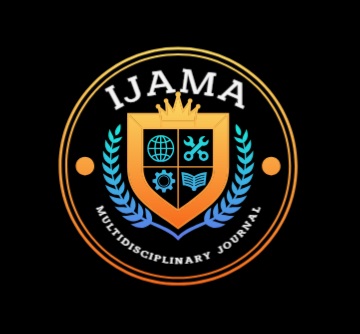International Journal of Advanced Multidisciplinary Application (IJAMA)

Author Benefits
Author : Evangleen.J1, Jyothi Gupta2
Affiliation : School of Architecture, Christ (Deemed to be University), Bangalore, Karnataka
Volume/Issue : Volume 2 Issue 4 -2025/April
DOI: 10.5281/zenodo.16736460.
OpenAIRE:https://explore.openaire.eu/search/publication?pid=10.5281%2Fzenodo.16736461
Author Indexing :
Abstract: Abstract: Water scarcity and urban flooding are major challenges in Bangalore, worsened by rapid urban growth, climate change, and the depletion of natural water resources. The destruction of lakes and green spaces has reduced the city’s ability to retain water, making it more prone to flooding. This has created a cycle of water shortages and flood risks. This study explores how urbanization and the loss of natural water sources have worsened the city’s water crisis, using geospatial tools to map areas affected by water shortages and flooding, as well as the decline of green spaces. It also examines how urbanization has led to groundwater depletion and increased flood risks. In order to improve water management and lessen floods, the results emphasize the necessity of restoring lakes and green areas. The study concludes with the need for groundwater recharge to effectively address the city’s water challenges, while also identifying gaps in the literature regarding the role of green infrastructure and sustainable urban planning.
Keywords: Water scarcity, GIS, Urban floods ,Climate change, Sustainability
Contacts
editorinchief.ijama@gmail.com
Working days : Mon- Saturday
Working Hours :9 am -5:30 Pm


